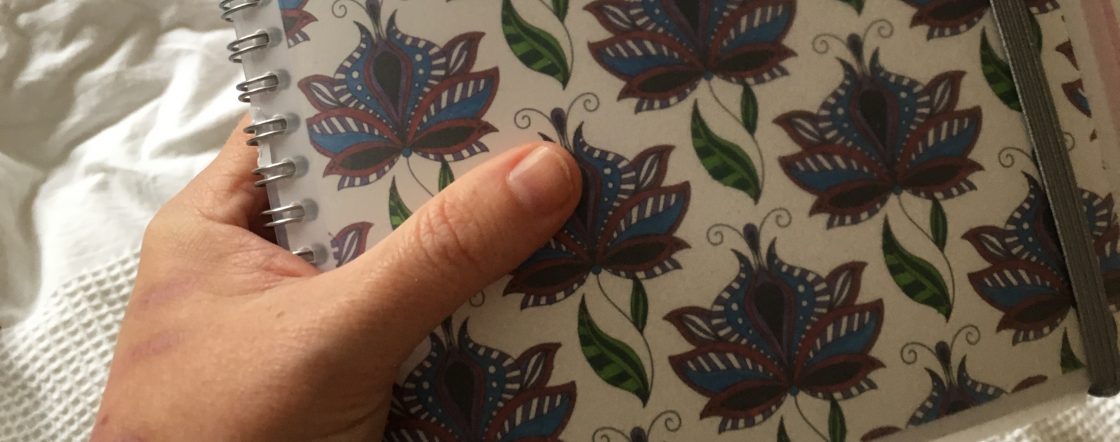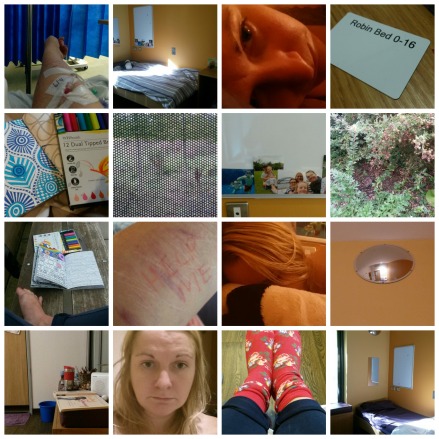This year was supposed to be the year I sorted myself out.
It hasn’t quite worked out like that.
Although I started 2016 in a pretty dark place, I had no idea 12 months ago that it was going to push me further into the abyss than I had ever been.
Reflecting on the year that’s passed stirs up a lot of emotions.
There have been great times spent with friends and family, particularly our trip to Australia: something I was in total denial about at the beginning of the year.
But there have also been the worst of times, worse by far – even though that felt unimaginable this time last year – than anything I’ve been through before.
I came back from Australia on a high, with so many great memories, and feeling strong and sorted as we headed into the new school year.
Two weeks later, I tried to end my life.
The events of the past four months – the suicide attempt, the hospitalisation, the social services assessment, the loss of so many things I held dear – have left me totally shell-shocked.
I didn’t intend or expect, four months ago, to be seeing in another new year.
But I am, and despite the fact that I’m still patching things back together – and despite the fact that some of the cracks will never heal – I’m glad, now, to be here.
As I think about the year ahead, I know I’m standing on unstable ground.
I know I can’t make promises about what’s going to happen with my mental health. I’m not making resolutions that I may not be able to keep.
But even though I’m still reeling from the experiences I’ve been through, I feel I’m ending 2016 in a better place than I was 12 months ago.
I’m changed, without a doubt. I’ve lived through things I never expected to. I’m still rocked by the trauma of it all.
I have a new diagnosis, and another potential secondary diagnosis. I have new medication and an intensive programme of therapy helping me make sense of the mess.
I’m not where I hoped to be at the end of 2016: slim, content, confident, together, healed.
I’m still overweight, still wrestling with the demons of mental illness, bearing new scars on the inside and the outside. In other words, I’m far from healed.
But I’m not where I was, either.
With the help of my family, the NHS and the very best friends anyone could have, I’ve lived through the worst time of my life and survived. And I’m looking ahead to a new year with something I was lacking this time last year: hope.

